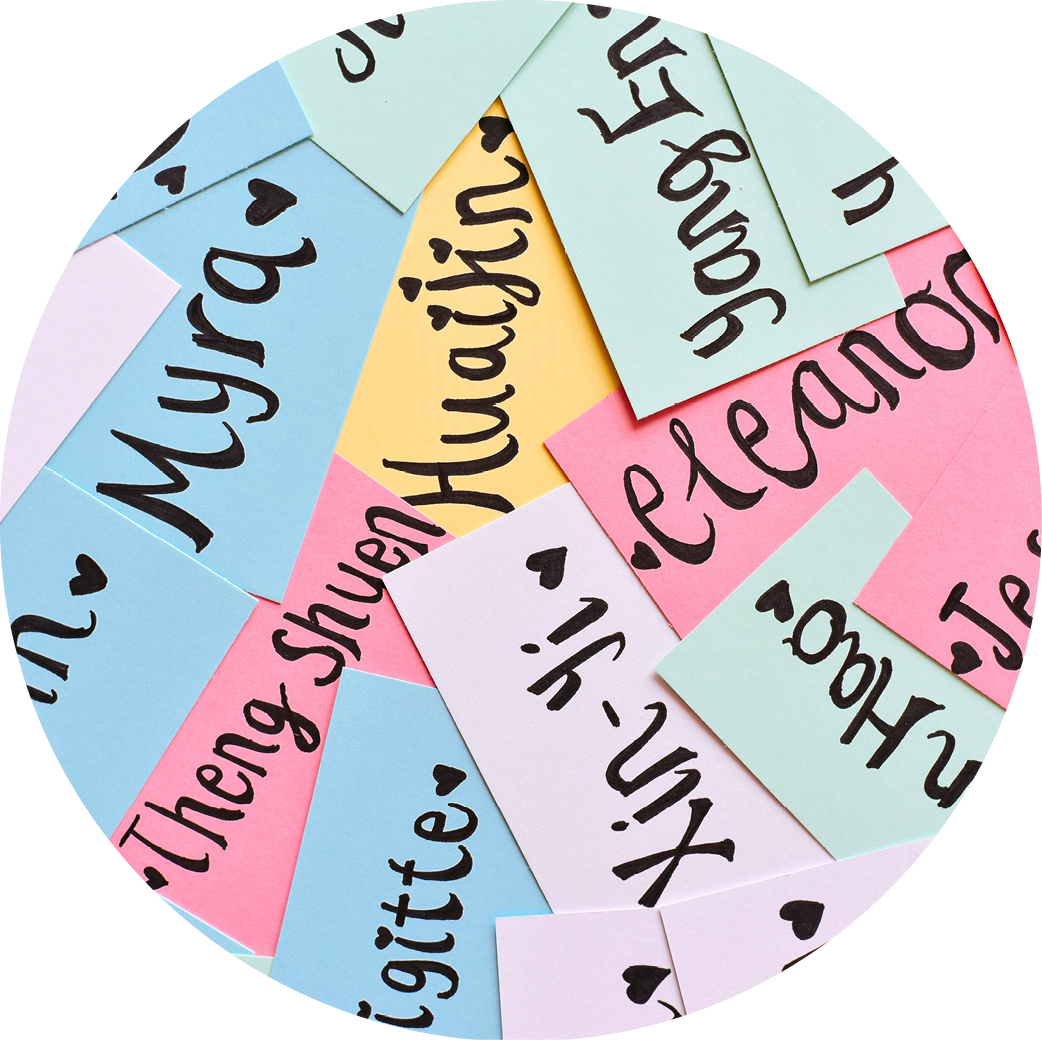Riko is a unisex first name. It is given slightly more often to girls than to boys.
At least in the US, the name Riko is extremely rare. Recently, only a handful of babies has been named Riko each year. That means it’s extremely unlikely that a boy or girl called Riko will meet someone with the same name. So, Riko is a very special name!

Well, you might say, you probably figured that out yourself! But what you might not know is: The letter R is neither particularly common nor particularly rare as a first letter for given names: 4.8% of all common first names in the US begin with this letter. The most common initial letters of first names are A and J, while U and X are the least common initials of first names.
With four letters, the name Riko is shorter than most other given names. In fact, only 5.5% of all common first names in the US consist of exactly four letters. Just 1.2% of all first names are even shorter, while 93% consist of more than four letters. On average, first names in the US (not counting hyphenated names) are 6.5 letters long. There are no significant differences between boys' and girls' names.
Thus, it follows that if 4.8% of all first names start with an R, this initial letter occurs more often than all 26 letters on average.
If your name is Riko and someone asks after your name, you can of course just tell them what it is. But sometimes that isn't so easy - what if it's too loud, and you don't understand them well? Or what if the other person is so far away that you can see them but not hear them? In these situations, you can communicate your name in so many other ways: you call spell it, sign it, or even use a flag to wave it...
So that everyone really understands you when you have to spell the name Riko, you can simply say:

Rocket

Igloo

Koala

Orange
Braille is made up of dots, which the blind and visually impaired can feel to read words.
Riko
Riko
Just use American Sign Language!




These flags are used for maritime communication - each flag represents a letter.
 R
R
 I
I
 K
K
 O
O
In the navy, sailors of two ships might wave flags to each other to send messages. A sailor holds two flags in specific positions to represent different letters.
 R
R
 I
I
 K
K
 O
O
In Morse code, letters and other characters are represented only by a series of short and long tones. For example, a short tone followed by a long tone stands for the letter A. Riko sounds like this:



